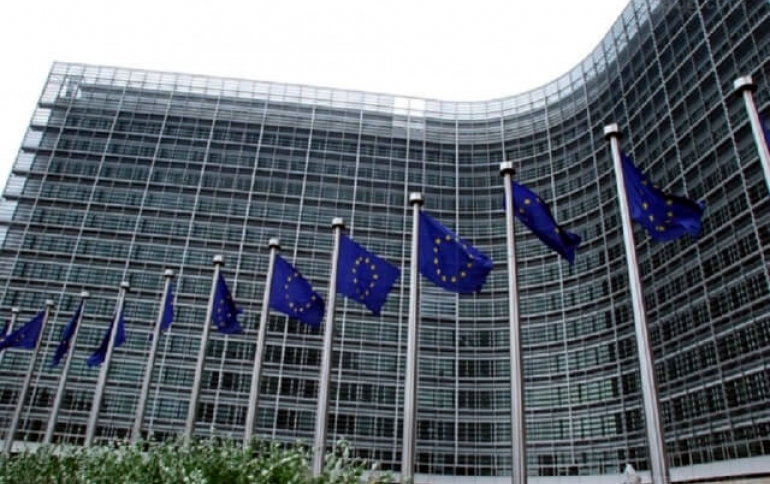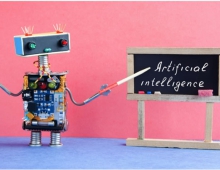
Europe Takes Forward its Work on Artificial intelligence Ethics Guidelines
The European Commission presented today next steps for building trust in artificial intelligence by taking forward the work of the High-Level Expert Group.
Building on the work of the group of independent experts appointed in June 2018, the Commission is launching a pilot phase to ensure that the ethical guidelines for Artificial Intelligence (AI) development and use can be implemented in practice. The Commission invites industry, research institutes and public authorities to test the detailed assessment list drafted by the High-Level Expert Group, which complements the guidelines.
Vice-President for the Digital Single Market Andrus Ansip said: “I welcome the work undertaken by our independent experts. The ethical dimension of AI is not a luxury feature or an add-on. It is only with trust that our society can fully benefit from technologies. Ethical AI is a win-win proposition that can become a competitive advantage for Europe: being a leader of human-centric AI that people can trust.”
Artificial Intelligence (AI) can benefit a wide-range of sectors, such as healthcare, energy consumption, cars safety, farming, climate change and financial risk management. AI can also help to detect fraud and cybersecurity threats, and enables law enforcement authorities to fight crime more efficiently. However, AI also brings new challenges for the future of work, and raises legal and ethical questions.
The Commission is taking a three-step approach: setting-out the key requirements for trustworthy AI, launching a large scale pilot phase for feedback from stakeholders, and working on international consensus building for human-centric AI.
According to EC, trustworthy AI should respect all applicable laws and regulations, as well as a series of requirements:
- Human agency and oversight: AI systems should enable equitable societies by supporting human agency and fundamental rights, and not decrease, limit or misguide human autonomy.
- Robustness and safety: Trustworthy AI requires algorithms to be secure, reliable and robust enough to deal with errors or inconsistencies during all life cycle phases of AI systems.
- Privacy and data governance: Citizens should have full control over their own data, while data concerning them will not be used to harm or discriminate against them.
- Transparency: The traceability of AI systems should be ensured.
- Diversity, non-discrimination and fairness: AI systems should consider the whole range of human abilities, skills and requirements, and ensure accessibility.
- Societal and environmental well-being: AI systems should be used to enhance positive social change and enhance sustainability and ecological responsibility.
- Accountability: Mechanisms should be put in place to ensure responsibility and accountability for AI systems and their outcomes.
In summer 2019, the European Commission will launch a pilot phase involving a wide range of stakeholders. Already today, companies, public administrations and organisations can sign up to the European AI Alliance and receive a notification when the pilot starts.
The Commission wants to bring this approach to AI ethics to the global stage, by strengthening cooperation with like-minded partners such as Japan, Canada or Singapore and continue to play an active role in international discussions and initiatives including the G7 and G20.
Members of the AI expert group will present their work in detail during the third Digital Day in Brussels on 9 April. Following the pilot phase, in early 2020, the AI expert group will review the assessment lists for the key requirements, building on the feedback received. Building on this review, the Commission will evaluate the outcome and propose any next steps.





















